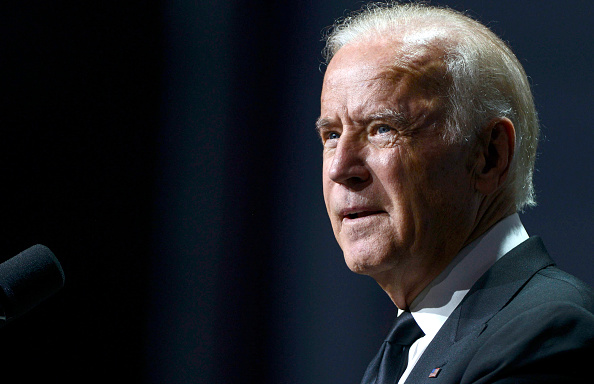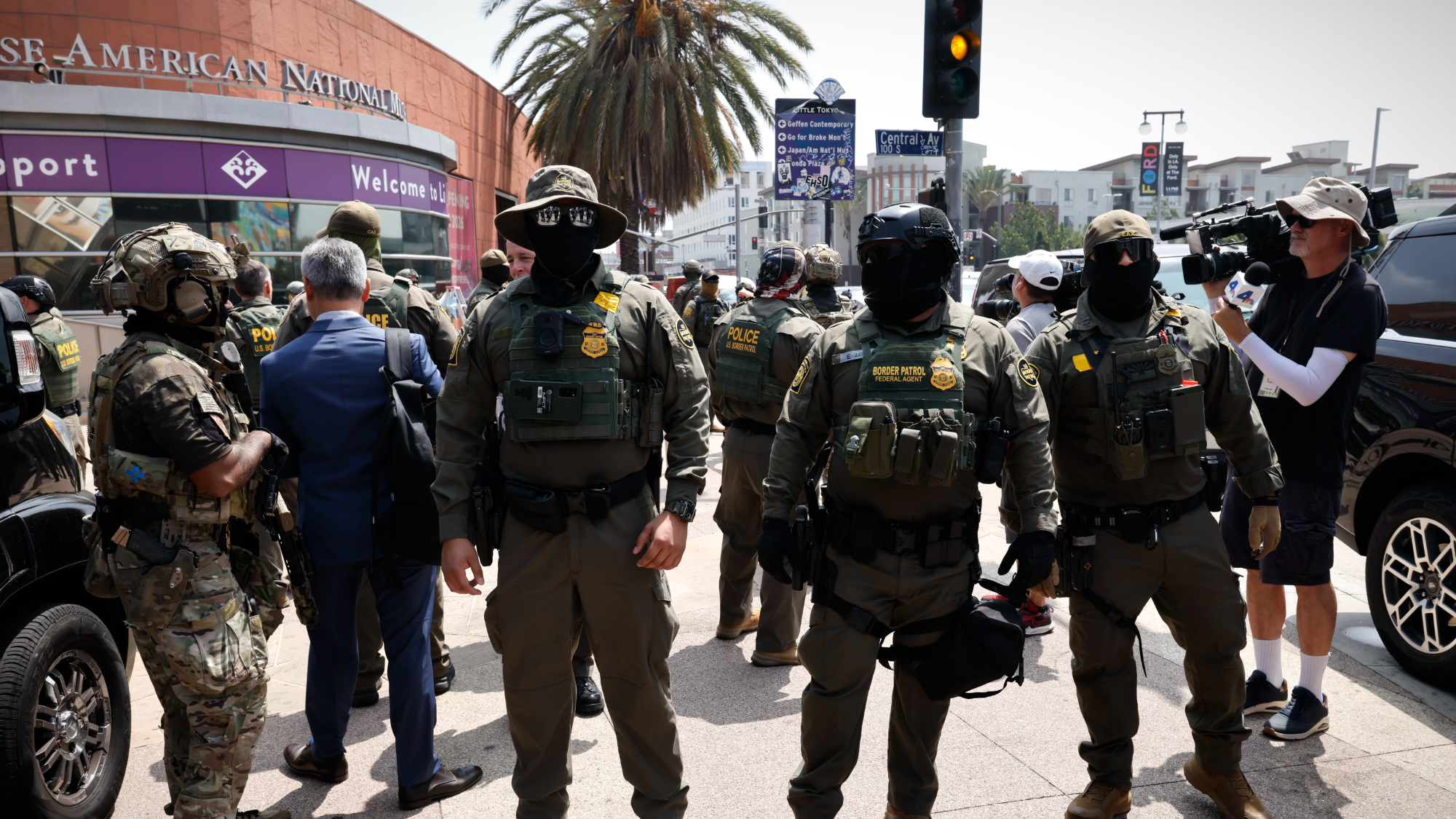Joe Biden says it's 'like a Rubik's Cube' trying to figure Trump out


A free daily email with the biggest news stories of the day – and the best features from TheWeek.com
You are now subscribed
Your newsletter sign-up was successful
Vice President Joe Biden says he's torn when it comes to the presidential election — he still questions his decision not to run and regrets not going with a different message while campaigning for Hillary Clinton.
In a series of interviews with Jonathan Alter, published in The New York Times Magazine on Tuesday, Biden said he wished "to hell" he'd kept repeating the positive messages from his Democratic National Convention speech in July and said more about Clinton's plan for the middle class, as opposed to focusing so much on Donald Trump's lack of qualifications for office. He's also still coming to grips with not running for president himself — before his son, Beau Biden, died of brain cancer in 2015, he encouraged his father to run, but the vice president was told by several friends, including President Obama, that he wasn't ready emotionally. Biden concedes that he was "more broken" over his son's death than he thought he was at the time. "I don't know what I'd do if I was in a debate and someone said, 'You're doing this because of your son,'" he said. "I might have walked over and kicked his ass."
On Trump, Biden says the president-elect reminds him of the bullies from his childhood who mocked him for having a stutter, and wherever he goes, he's asked if "American leadership" is "going to continue." Biden admitted he's worried about what might happen should Trump be all bluster and no action when it comes to matters of global importance — if Trump "just stays behind the lines — hands off — it could be very ugly. Very, very ugly," he said, adding: "It's like a Rubik's Cube trying to figure this guy out. We have no freakin' idea what he's gonna do." Read more about Biden's thoughts on Trump, how he became close friends with Obama, and the advice he received as a freshman senator that helps him while working with Republicans, at The New York Times Magazine.
The Week
Escape your echo chamber. Get the facts behind the news, plus analysis from multiple perspectives.

Sign up for The Week's Free Newsletters
From our morning news briefing to a weekly Good News Newsletter, get the best of The Week delivered directly to your inbox.
From our morning news briefing to a weekly Good News Newsletter, get the best of The Week delivered directly to your inbox.
A free daily email with the biggest news stories of the day – and the best features from TheWeek.com
Catherine Garcia has worked as a senior writer at The Week since 2014. Her writing and reporting have appeared in Entertainment Weekly, The New York Times, Wirecutter, NBC News and "The Book of Jezebel," among others. She's a graduate of the University of Redlands and the Columbia University Graduate School of Journalism.
-
 The environmental cost of GLP-1s
The environmental cost of GLP-1sThe explainer Producing the drugs is a dirty process
-
 Greenland’s capital becomes ground zero for the country’s diplomatic straits
Greenland’s capital becomes ground zero for the country’s diplomatic straitsIN THE SPOTLIGHT A flurry of new consular activity in Nuuk shows how important Greenland has become to Europeans’ anxiety about American imperialism
-
 ‘This is something that happens all too often’
‘This is something that happens all too often’Instant Opinion Opinion, comment and editorials of the day
-
 House votes to end Trump’s Canada tariffs
House votes to end Trump’s Canada tariffsSpeed Read Six Republicans joined with Democrats to repeal the president’s tariffs
-
 Bondi, Democrats clash over Epstein in hearing
Bondi, Democrats clash over Epstein in hearingSpeed Read Attorney General Pam Bondi ignored survivors of convicted sex offender Jeffrey Epstein and demanded that Democrats apologize to Trump
-
 El Paso airspace closure tied to FAA-Pentagon standoff
El Paso airspace closure tied to FAA-Pentagon standoffSpeed Read The closure in the Texas border city stemmed from disagreements between the Federal Aviation Administration and Pentagon officials over drone-related tests
-
 Judge blocks Trump suit for Michigan voter rolls
Judge blocks Trump suit for Michigan voter rollsSpeed Read A Trump-appointed federal judge rejected the administration’s demand for voters’ personal data
-
 US to send 200 troops to Nigeria to train army
US to send 200 troops to Nigeria to train armySpeed Read Trump has accused the West African government of failing to protect Christians from terrorist attacks
-
 Grand jury rejects charging 6 Democrats for ‘orders’ video
Grand jury rejects charging 6 Democrats for ‘orders’ videoSpeed Read The jury refused to indict Democratic lawmakers for a video in which they urged military members to resist illegal orders
-
 Judge rejects California’s ICE mask ban, OKs ID law
Judge rejects California’s ICE mask ban, OKs ID lawSpeed Read Federal law enforcement agents can wear masks but must display clear identification
-
 Lawmakers say Epstein files implicate 6 more men
Lawmakers say Epstein files implicate 6 more menSpeed Read The Trump department apparently blacked out the names of several people who should have been identified
